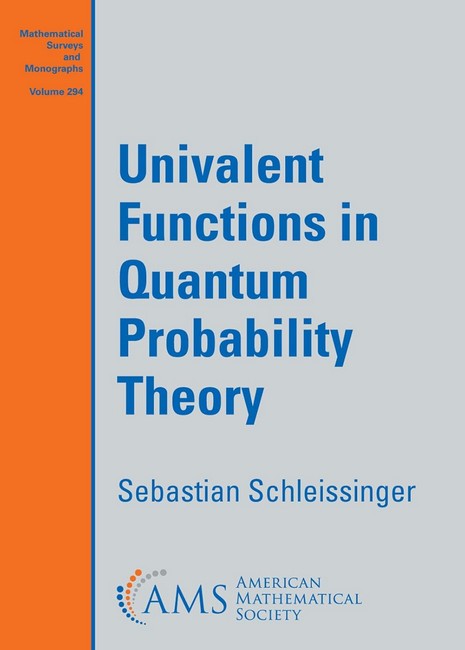This book reveals how univalent functions appear in quantum probability theory. Building upon the recently established one-to-one correspondence between Loewner theory and the theory of non-commutative additive processes, the author invites readers to explore the interplay between complex analysis, classical probability theory, and quantum probability theory. Monotone independence and its relations to classical, free, and Boolean independence underpin the development of ideas. Beginning with essential concepts from classical probability theory and complex analysis, the book goes on to define a quantum probability space and introduce five notions of independence. From this foundation, the central chapters explore convolutions and their respective central limit theorems; univalent functions; classical Loewner chains on the unit disk; slit mappings; and the relationship between free hemigroups, Loewner chains, and nonlinear resolvents. The final chapter offers an outlook on higher dimensional generalizations, including several open problems. Exercises with solutions invite readers to engage with the material throughout. Univalent Functions in Quantum Probability Theory is an essential resource at the intersection of previously distinct fields. Intended for graduate students and researchers alike, it assumes a solid foundation in real and complex analysis, with basic knowledge of classical probability theory and Hilbert spaces.

